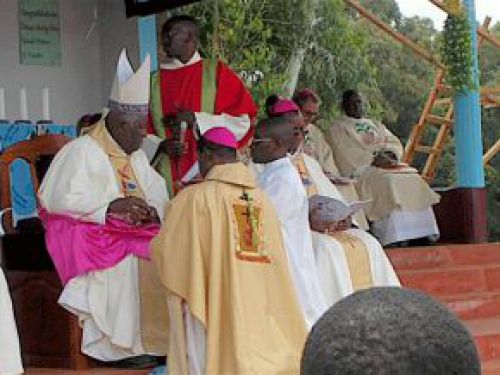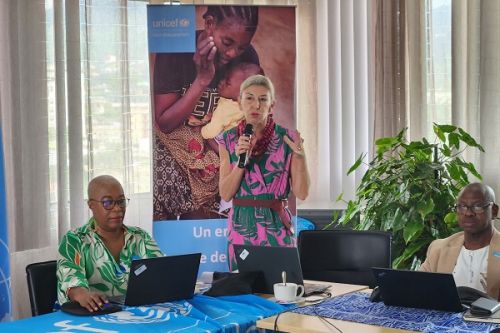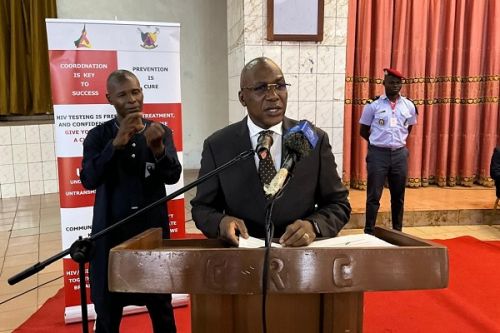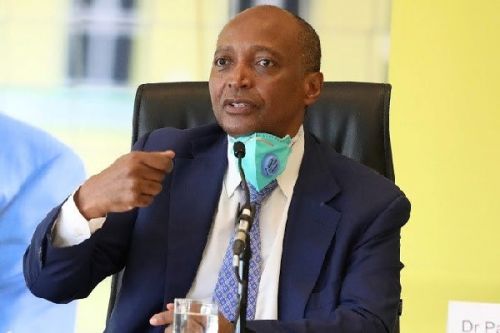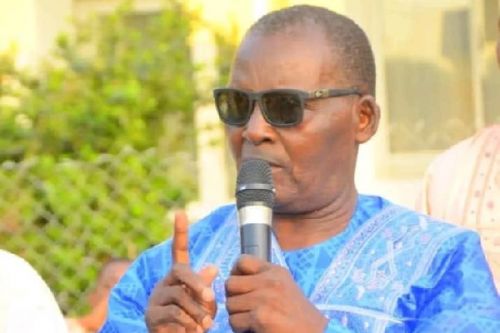Journalists are arguing that these prelates are requesting for the English-speaking and French-speaking parts of the country to be independently autonomous in the organisation of the socio-political and economic life in these zones. A position which was inscribed in the attached memorandum addressed to the President of the Republic and made public on 22 December by the bishops of Kumbo, Bamenda, Manfe, Buea and Kumba. Towns which , based on the structure of the catholic clergy in Cameroon are part of the (English-speaking) ecclesiastical province of Bamenda.
This memorandum truly exists. In this letter to Paul Biya, about ten pages-long, these bishops rather put an emphasis on the urgency of a social dialogue in a society aspiring to justice. “In the short term and because the lawyers and teachers’ demonstrations paralysed our judiciary and education systems, it is of the upmost importance for the government to exchange with the lawyers and teachers as soon as possible and agree on a possible roadmap on their legitimate and authentic claims. We cannot aspire to solve a problem if we do not want to talk to each other”, they write
Federal states
In the long term, the prelates indeed suggest federalism by mentioning a constitution project which granted an important political, financial and tax autonomy to the two federal States, to the provinces within the two provinces (English- and French-speaking) and to the communities in each province. “This would be in our view a sustainable solution to the unfortunate Anglophone problem and would be acceptable for most English- and French-speaking Cameroonians”, one can read.
Moreover, the five bishops denounce the human rights infringements which were recently committed in the English-speaking area of the country by the security forces. This memorandum highlights that the Anglophone problem truly exists in Cameroon by providing a long list of post-colonial agreements which were not respected; which led to what they consider as flagrant injustice. The position of the National Council of Bishops of Cameroon remains to be seen on the subject.
Monique Ngo Mayag





